Neurology News
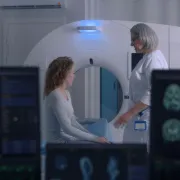
Functional imaging reveals cerebral microvascular dysfunction in primary antiphospholipid syndrome
17 Feb 2026
A new study highlights the often-overlooked burden of cerebral microvascular involvement in primary antiphospholipid syndrome (PAPS), even in patients without overt neurological events. Using Tc-99m ECD SPECT imaging, the researchers identified consistent cortical perfusion abnormalities that were not detected by conventional MRI, suggesting subclinical brain involvement
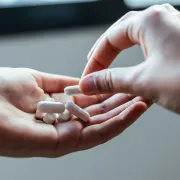
Impact of corticosteroid use on comorbidities in patients with myasthenia gravis in the US National Veterans
9 Feb 2026
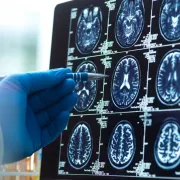
Journal of the Neurological Sciences issue 481 now available
2 Feb 2026
Vol. 481, February 2026 now available

Is there a causal nexus between norovirus infection and Guillain-Barré syndrome
27 Jan 2026

Clinical safety of ultra-high-dose methylcobalamin in patients with amyotrophic lateral sclerosis
21 Jan 2026

WFN-AFAN e-Learning Day on Inflammatory Diseases of the CNS now available on demand
15 Jan 2026
The WFN-AFAN 2025 e-learning day on Inflammatory Diseases of the CNS is now available through video on demand on the WFN e-Learning Hub.
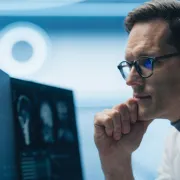
AI in Neurology: Everything, Everywhere, All at Once
5 Jan 2026
Three part series in the Annals of Neurology explores how artificial intelligence (AI) is reshaping modern neurology, aiming to make core AI concepts more accessible to clinicians and neuroscientists.
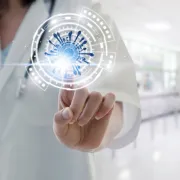
Post-COVID Neuromuscular Conditions Common but Decline Over Time
1 Jan 2026
Systematic review and meta-analysis finds neuromuscular conditions are common after COVID-19 but decline over time, with neuropathic pain persisting.
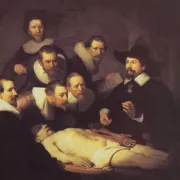
Evolving Viewpoints on the Cerebellum
30 Dec 2025
With respect to the history of functions successively attributed to it, the cerebellum is perhaps one of the most remarkable parts of the central nervous system. Five years ago, I wrote about vital functions attributed to the cerebellum (“Early Ideas on the Localization of Vital Functions: From Cerebellum to Medulla Oblongata,” World Neurology, Winter 2019). This was particularly true in the 17th and 18th centuries when it was initially thought that the cerebellum was a vital organ. More careful experiments gradually revealed that this was not the case. The ideas regarding nonmotor functions of the cerebellum, however, are more numerous than that.
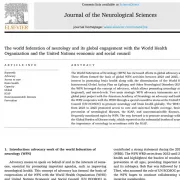
New JNS Publication Highlights Global Neurology Engagement | World Federation of Neurology
27 Dec 2025
A newly published article in the Journal of the Neurological Sciences explores the World Federation of Neurology’s expanding role in global advocacy, education, and international collaboration to improve neurological care worldwide.







